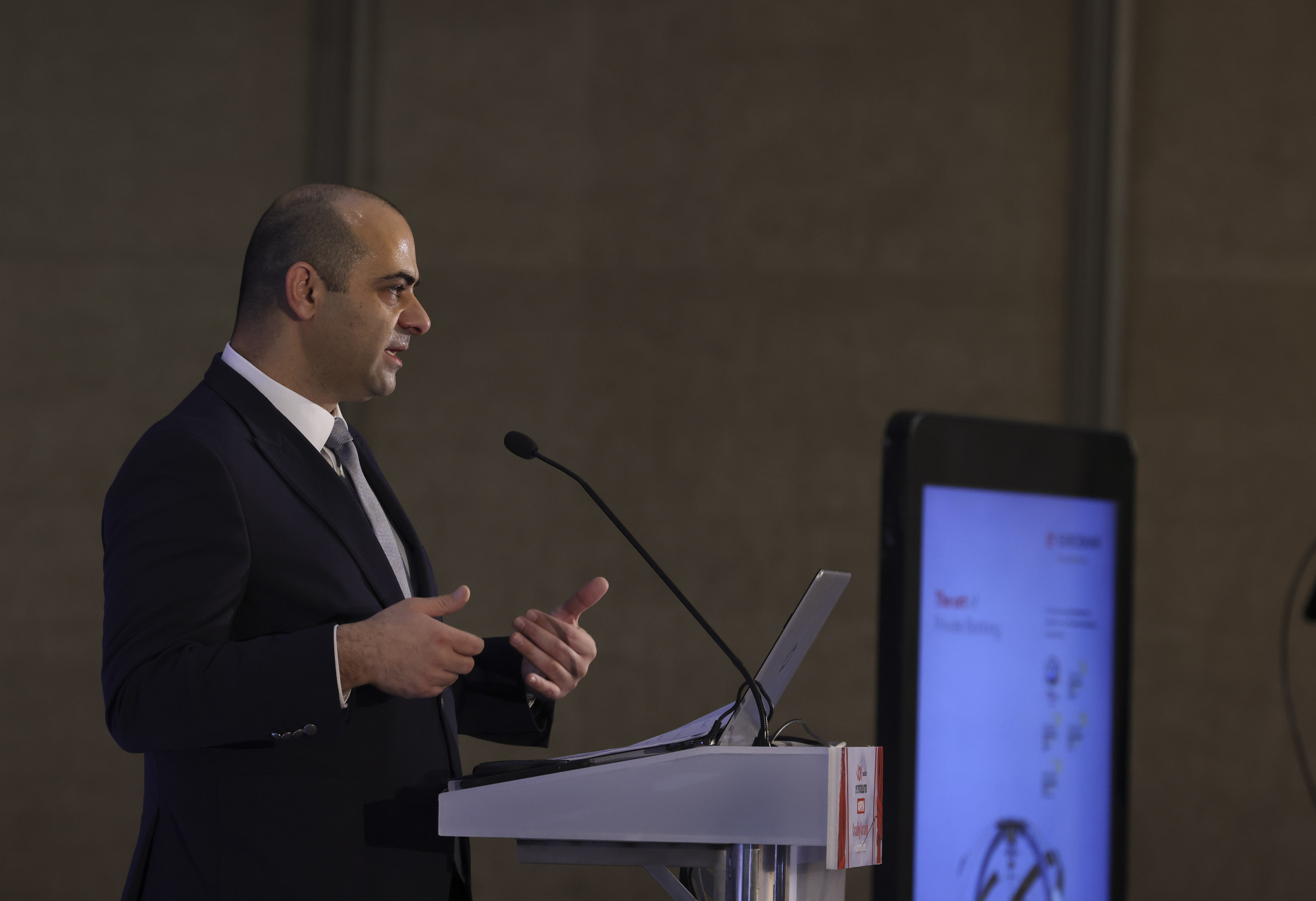
Labour Minister Yiannis Panayiotou on Friday said pension reform is a government priority.
Addressing a conference centred on the matter of pensions, he said the fact that universal social insurance has existed in Cyprus for 60 years “signals the necessity of upgrading the pension system”.
“We are focusing on ensuring pensions are adequate and at the same time rationalising the social insurance fund’s investment policy, while also upgrading the institutional framework of the likes of workplace pensions, provident funds and private insurance programmes,” he said.
He added that while dealing with the institutional framework surrounding pensions, the government is also “modernising the technological infrastructure, internal processes and administrative structures” related to pensions, “so that the system can operate stably and efficiently and respond to people’s needs”.
He then described the government’s aims to reform the pension sector as “a collective responsibility which will be assumed by all of us for the next generations”.
Last month, he had said his ministry aims to bring a pension reform bill before cabinet before the end of next year and that a “wider dialogue” on the matter, including input from political parties and society at large, would be held to this end.
“The government has the political will to adhere to these timetables and implement pension reform and we expect that with the constructive cooperation of all involved, that goal will be achieved in the interest of pensioners today and the next generation of pensioners to come,” he said.
One of the changes which has been widely spoken about is the government’s plan to increase pension payments for some early retirees, reducing the 12 per cent drop in pension payments for those who retire before the age of 65 if they have completed 40 years of contributions.
The government says the change will directly affect over 11,000 pensioners, who will see their pensions increase by around €800 per year.
Panayiotou said in July that the change would affect just shy of a third of those who were impacted by the reduction since it was introduced in 2012, as well as between 1,000 and 1,500 new retirees per year going forward.


